Hey everyone, today we are looking at the difference between assets and liabilities. This is a crucial concept to understand if you want to be able to make smart financial decisions that make your money work for you. Watch the video below to find out more!
Today’s Video:
Assets Vs. Liabilities. If you don’t know what that is, definitely subscribe. We will send you all of our money and investment related content.
An asset is simply something that makes you money and a liability is something that costs you money.
Everything you buy falls into these two categories. If you want to be wealthy, you buy assets. If you want to be poor you buy liabilities.
I highly recommend reading Rich Dad Poor Dad as it gives many examples of these and how to think in a way that will allow your income to grow.
An example of an asset is a website. Let’s say you have kids and convenience is important to you. You share on your website about the different items you use that helps you as a parent and include an affiliate link to purchase the items.
Even if you generate $200 a year, that’s an asset.
A lot of times, people get out of college and the first thing they do is they go buy a new car. That is a liability. As soon as you drive it off the lot, the value starts dropping right? So, why not spend your money on a house, and yeah maybe you get the beat-up used car for a little bit, and then upgrade when your assets pay for the liability.
This is one of the principles that make up the foundation of building wealth.
Is a house an asset or liability?
I have seen people talk about your house as both an asset and others as a liability. So which is it?
It all depends on the approach. If it’s an investment property that generates income, it’s an asset. If it’s your personal home you’ll have to do some math.
Rental Delta: Take the amount your rent would cost for a year if you didn’t buy and subtract your monthly mortgage payment with the taxes and insurance (PITI) Now add back the amount of principle you would pay during the year.
For example if your PITI was $1,800/mo and to rent the same house would cost $2,000 per month you’d save $200/mo or $2,400 a year buying. Plus you’d pay down $5,000 in principle. A total positive of $7400/year.
Maintenance: There are some different rules out there for estimating. I’d suggest using $1 per square foot of house. This will vary depending on age and deferred maintenance. You’ll subtract this number.
Continuing our example let’s assume the house is 2000sqft. You’re now down to $5400/yr profit.
Taxes: This is often overlooked. You can write off interest paid, depreciation and property taxes.
In our example let’s assume you purchased a $200k house. Your interest is about $5,000 per year and property taxes are about $5000 per year. That’s a $10k reduction you can use saving you $2400 per year if you are in a 24% tax bracket. We recommend consulting your CPA with your numbers.
Houses are depreciated over 27.5 years. In our example that’s about $7,200 coming out to a $1700 savings in the same tax bracket.
This brings our total up to $9,500 in the positive per year.
Appreciation: Will it appreciate and by how much? The average is about 4% a year. You’ll also need to know how long you plan to live there.
Closing cost: When you go to sell you can expect to pay 5-7% of the homes value in the process of selling. This becomes especially important if you plan on holding the house for a short time frame.
You can run these numbers yourself. Even without the appreciation you can see how owning a house is advantageous.
Other states with very high price points and low appreciation may put a house into the liability category. This helps to make Texas a good place to buy.
Socials:
TikTok: @tom.things
Instagram: @toms.things





